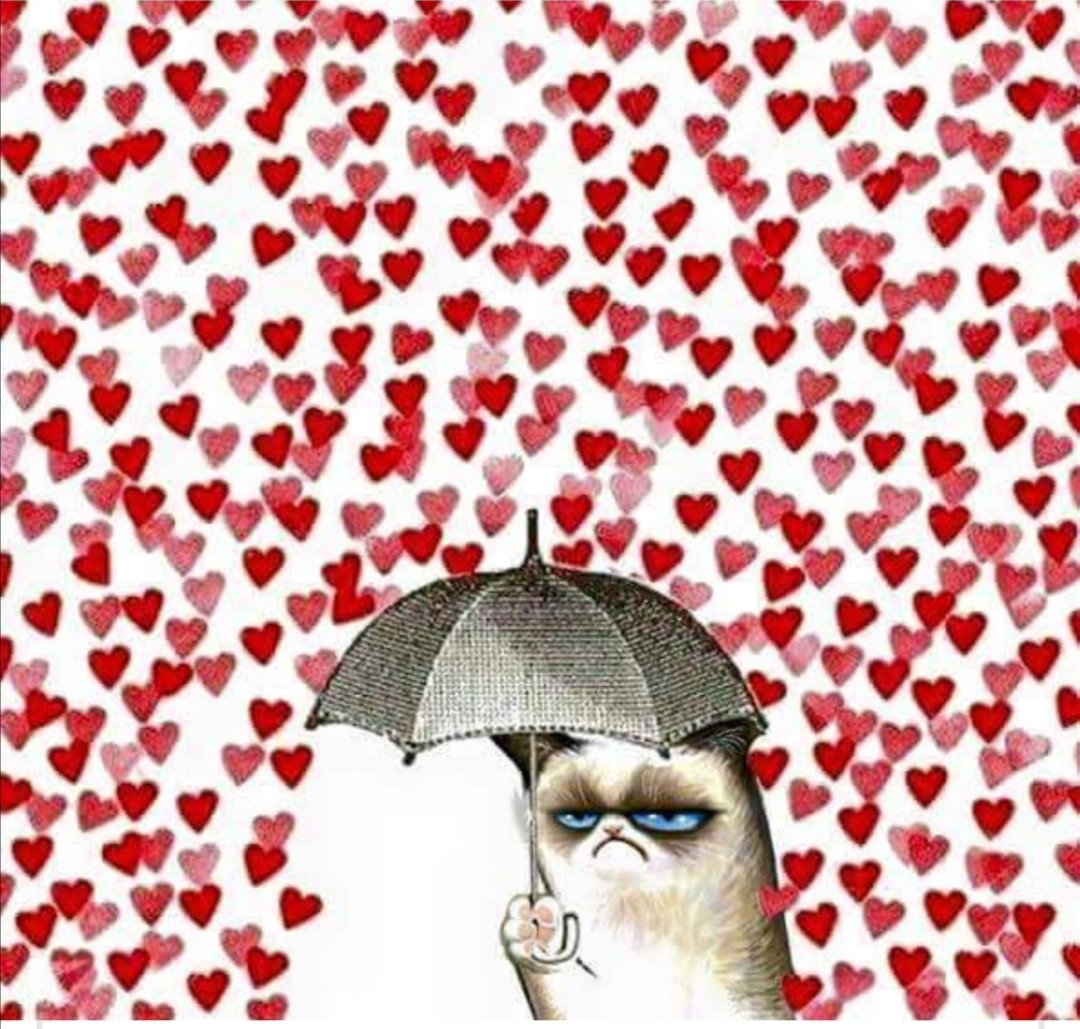
Omnipresent
(My difficult relationship with love: Part II)
It seems like the saying too much of anything is bad for you is true, even when it comes to something like love.
A while ago, I spent almost an entire day on the phone talking to different friends and family members about how quarantine life is going. Usually I don't mind days like that at all; in fact, it's quite the opposite! As a more reserved person, I really enjoy listening to all types of stories and I feel honored when they call me to pour out their hearts or ask me for advice. But somehow on that specific day, all of them talked about the same thing: love.
If you've already read the first part of my story, you may remember that love isn't one of my favorite topics. So after hours of listening and talking about it, I was eager to think about something else before going to sleep. I hadn't done much for my target language during the day, so I decided to watch something in Korean. Scrolling through some lists of recommendations, I quickly gave up any hope of finding a K-Drama that didn't include love or at least didn't have it as the main theme of the story.
Leaving out love as a part of a storyline seems to be an unusual idea not only for K-Dramas, but in the entertainment industry in general. It's kind of omnipresent if you start to think about it. Trust me. I've tried to avoid it. It's everywhere! What really drives me nuts about this whole thing is not the fact that love is included, it's more about how they do it. Apparently most media companies like to attach a lot of importance to love, particularly only in a romantic manner. But aren't there other forms of loving relationships that are equivalent to romantic love? Wouldn't it be nice to follow a story from time to time about the love between family members, love in a friendship or the one they all like to ignore, self-love? Of course I can think of some movies, shows, books or songs that use these as their main focus. (Funnily enough, most of the ones I can think of off the top of my head are coincidentally(?) well known.) But even if there are some of those diamonds out there, they're way too few compared to romantic love plots.
And it's not just the importance they seem to attach to romantic love alone. There's also the problem of how they usually work it into the storyline. I can't count how many times I've waited until the end of a book, movie or show to witness the moment the couple finally gets together after some kind of difficulty. Why at the end? Why can't they show us what it takes to keep a good relationship afterwards? I really can't help but cringe whenever those kind of scenes come up and I hear the famous words "and they lived happily ever after" in my head.
I'm sure that I'm not the only one who notices the danger behind the unrealistic way in which they showcase romantic love. It's scary to think about the impact this could have on people with a less rational approach to this topic. When, thanks to the omnipresence of the media and their favorite trope, even someone like me can feel the underlying pressure to make romantic love a big part of my personal life, there seems to be a big problem.
@Olivia_07 and @CocoPop: Thank you both for your corrections and help!